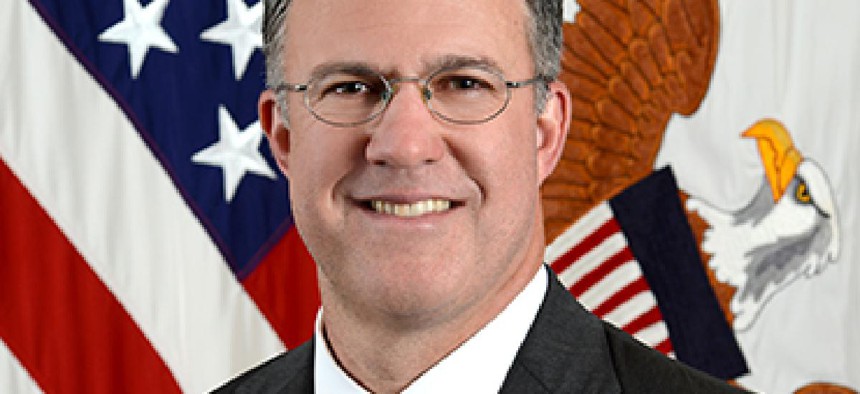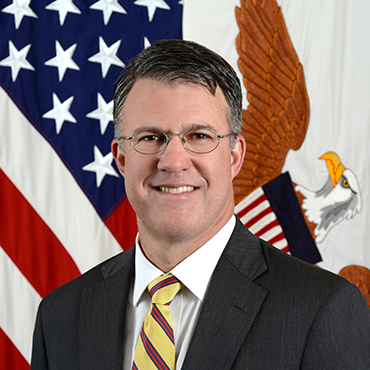Pentagon to release cyber strategy next week

Newly minted Defense Secretary Ashton Carter's prioritization of cybersecurity will cross a threshold when the Pentagon releases a multi-year cyber strategy.

Eric Rosenbach, the Pentagon's assistant secretary for homeland defense and global security, says Cyber Command's lack of a "robust capability" is being addressed incrementally.
In his two months on the job, Defense Secretary Ashton Carter has made building out the Pentagon’s capabilities in cyberspace a priority. That work will cross a threshold next week when the Pentagon releases a multi-year cyber strategy.
Eric Rosenbach, Carter’s top cyber adviser, on April 14 told a Senate Armed Services Subcommittee on Emerging Threats and Capabilities that the strategy would be out next week, and would include projects and benchmarks for measuring progress, but didn’t elaborated much beyond that. A spokesperson for Rosenbach declined to comment on the plan.
Carter last month chose Cyber Command for his first troop event in the United States as Defense secretary. There he gave a televised speech promoting the development of the cyber workforce as a model for developing other careers at the Defense Department.
In his testimony before the subcommittee, Rosenbach stressed to lawmakers that Carter has prioritized funding for and development of the Pentagon's inchoate cyber workforce. He conceded that Cyber Command lacks the "robust capability" needed to execute cyber military operations, but argued that the command is gradually building that capability.
"These are very hard technical problems, and rather than invest a large amount of money before we're sure, we're kind of taking that incremental approach," Rosenbach told lawmakers.
In his opening statement, ranking Democrat Bill Nelson (D-Fla.) warned that Cyber Command is too reliant on the National Security Agency for its capabilities, and called the command’s cyber forces "hollow."
Lt. Gen. James K. McLaughlin, deputy commander of Cyber Command, agreed with Nelson that the command relied significantly on the NSA.
"We know we’re dependent on intelligence in this area, but what we have to focus on is bringing an operational mentality to this space," McLaughlin said. "This is not just an IT-focused endeavor, this is an operational domain."
Carter has argued that keeping the NSA and Cyber Command under the same leadership is necessary to develop the command’s capabilities.
Nelson also likened cyberattacks to nuclear bombs as effective deterrents. "It seems to me that offense in cyber has the sort of advantages that ballistic missiles have enjoyed over missile defenses for over a half a century, and that cyber weapons can have the effects like weapons of mass destruction," he said.


